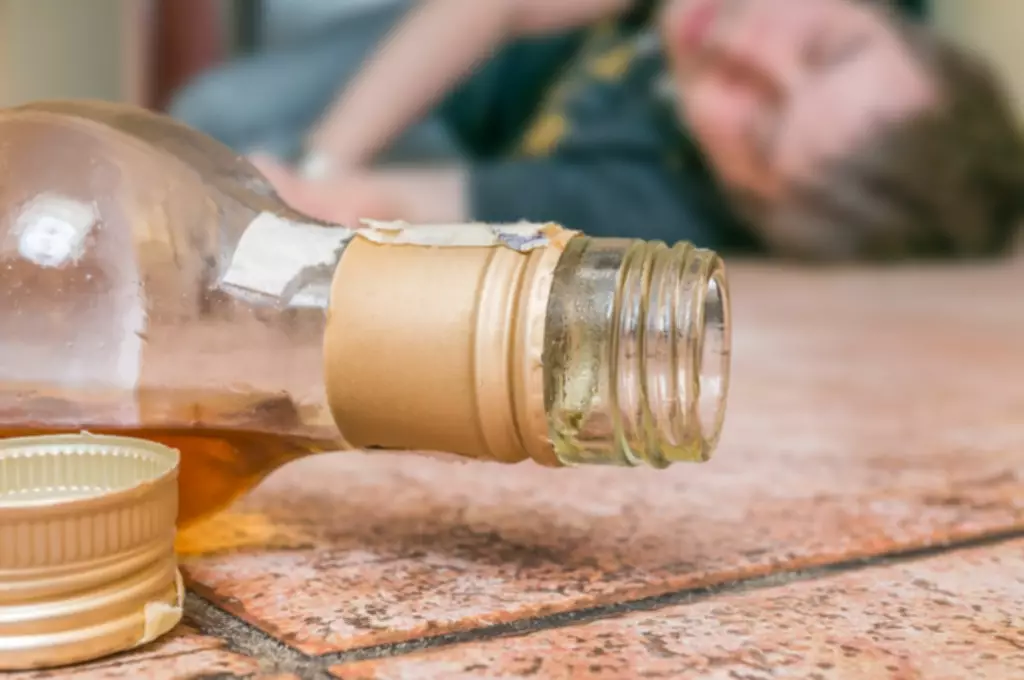Alcoholism, now known as alcohol use disorder, is a condition in which a person has a desire or physical need to consume alcohol. Treatment can include counseling, medications, residential programs, and support groups. In general, alcohol consumption is considered too much—or unhealthy—when it causes health or social problems. This broad category of alcohol consumption comprises a continuum of drinking habits including at-risk drinking, binge drinking, and AUD. For many people, alcohol seems inextricably linked with a social life.
Can addiction be cured?
They may know that their alcohol use negatively affects their lives, but it’s often not enough to make them stop drinking. Alcoholism, referred to as alcohol use disorder, occurs when someone drinks so much that their body eventually becomes dependent on or addicted to alcohol. Stopping drug use is just one part of a long and complex recovery process.
Alcohol Withdrawal Symptoms Timeline

Fortunately, many detox and treatment programs offer nutritional guidance and help create a customized healthy diet. Eating healthy can speed up recovery and make the transition to sobriety easier. Whether you care for youth or adults, you are likely to encounter patients with alcohol use disorder (AUD) regularly in your practice. Its first secret trick is building tolerance through neuroadaptation.
Common Antabuse Side Effects
Be prepared to discuss any problems that alcohol may be causing. You may want to take a family member or friend along, if possible. Others may want one-on-one therapy for a longer time to deal with issues like anxiety or depression.
The treatment plan promoted by AA is based on a 12-step programme designed to help you overcome your addiction. Nalmefene should only be taken if you’re receiving support to What is Alcohol Abuse & How To Treat Alcoholism? help you reduce your alcohol intake and continue treatment. Nalmefene (brand name Selincro) may be used to prevent a relapse or limit the amount of alcohol someone drinks.
- The fly noticed itself slipping deeper into the pitch, but a few more sips seemed okay – after all, the fly has wings and could fly out any time.
- Naltrexone can halt the cycle of binge drinking by reducing the drive to drink and supporting the brain.
- Genetic, psychological, social and environmental factors can impact how drinking alcohol affects your body and behavior.
Certain medications have been shown to effectively help people stop or reduce their drinking and avoid relapse. Some are surprised to learn that there are medications on the market approved to treat alcohol dependence. The newer types of these medications work by offsetting changes in the brain caused by AUD.
- They can help you cope, make a treatment plan, prescribe medications and refer you to support programs.
- If you have the urge to drink while you’re on Antabuse, it’s important to reach out for help.
- Caring for a person who has problems with alcohol can be very stressful.
Our facilities offer evidence-based treatment, several alumni programs for continuing care in your recovery journey, and a 90-day brand promise. This means that if you complete 90 consecutive days at an AAC facility and experience a relapse after graduation, you are welcome back for a complimentary 30 days of treatment. No matter how hopeless alcohol use disorder may seem, treatment can help.
Alcohol, e-cigarettes, cannabis: concerning trends in adolescent substance use, shows new WHO/Europe report – World Health Organization (WHO)
Alcohol, e-cigarettes, cannabis: concerning trends in adolescent substance use, shows new WHO/Europe report.
Posted: Thu, 25 Apr 2024 07:00:00 GMT [source]
Drinking diary
Groups can vary widely, so it’s important to try different ones to find a good fit. Regardless of where or how you seek treatment, it’s important to look for approaches that are “evidence-based.” This means the treatments are backed by large, well-designed studies. If you have insurance coverage or other means to cover the costs, you can build your own care team. The Navigator can help you find therapists and doctors with addiction specialties to team with your primary care provider. Because denial is common, you may feel like you don’t have a problem with drinking.




